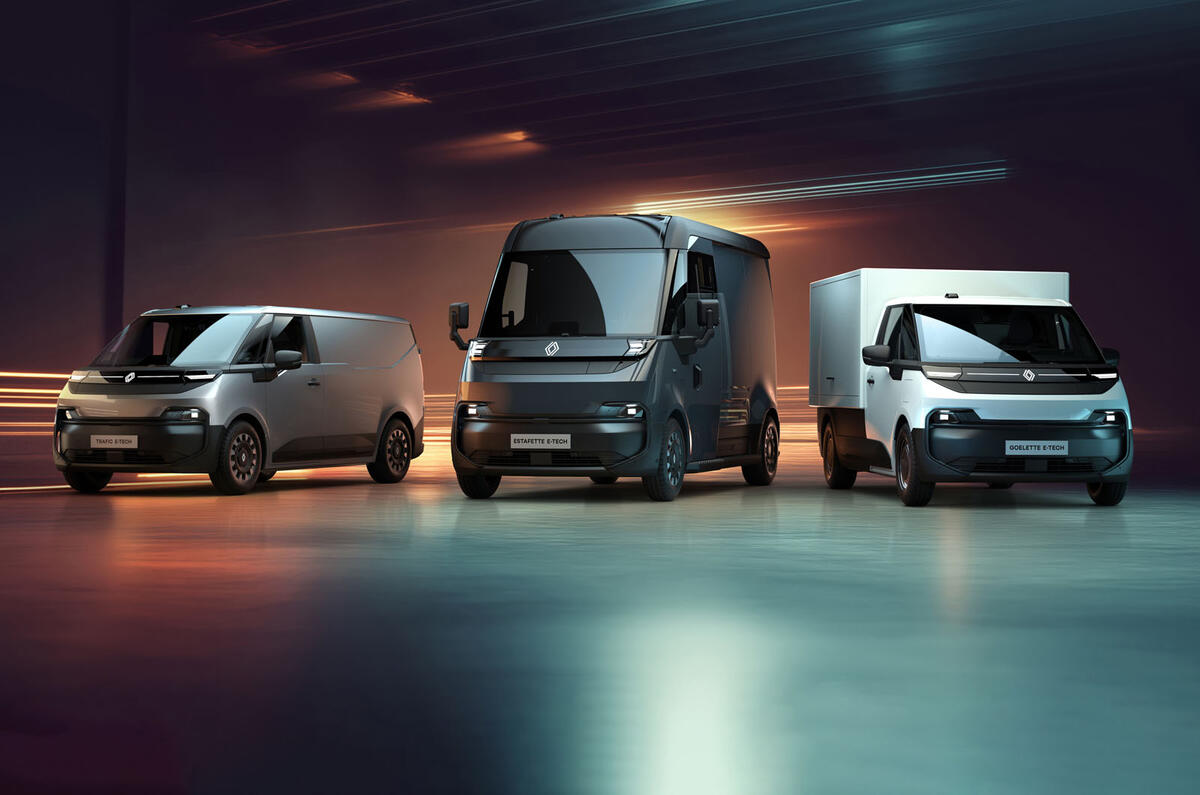Renault aims to shore up its position as one of the UK’s three most popular van makers with a new range of software-defined LCVs that promise to meet the exacting individual needs of all fleet operators.
Renault was the UK's third most popular van manufacturer in June, with 2584 registrations versus Volkswagen's 3452 and long-time market leader Ford's 9902 - with the Transit one of the country's best-selling vehicles overall, not just the most popular van.




Add your comment